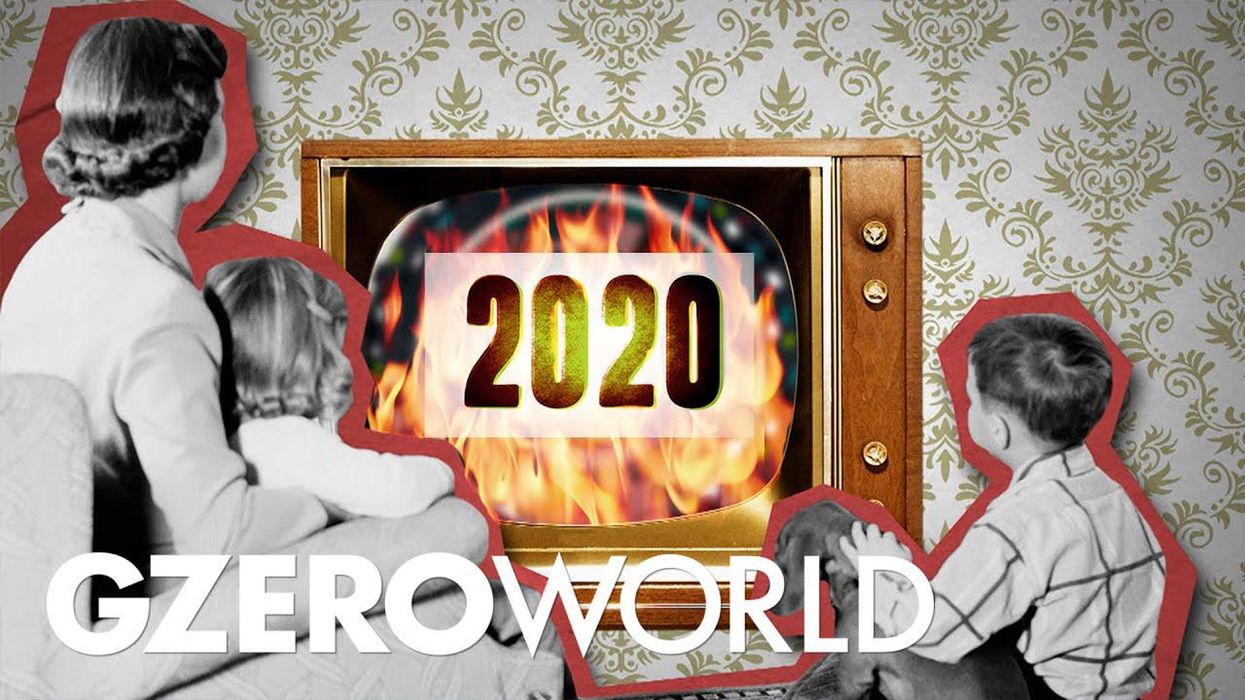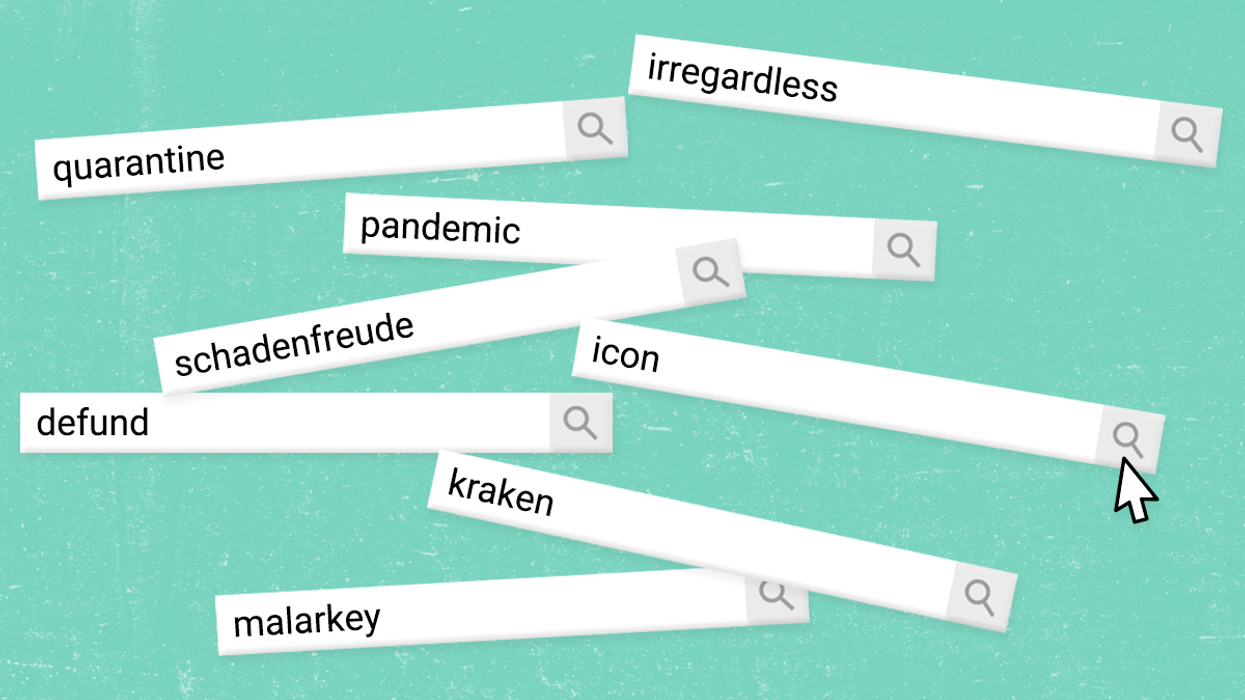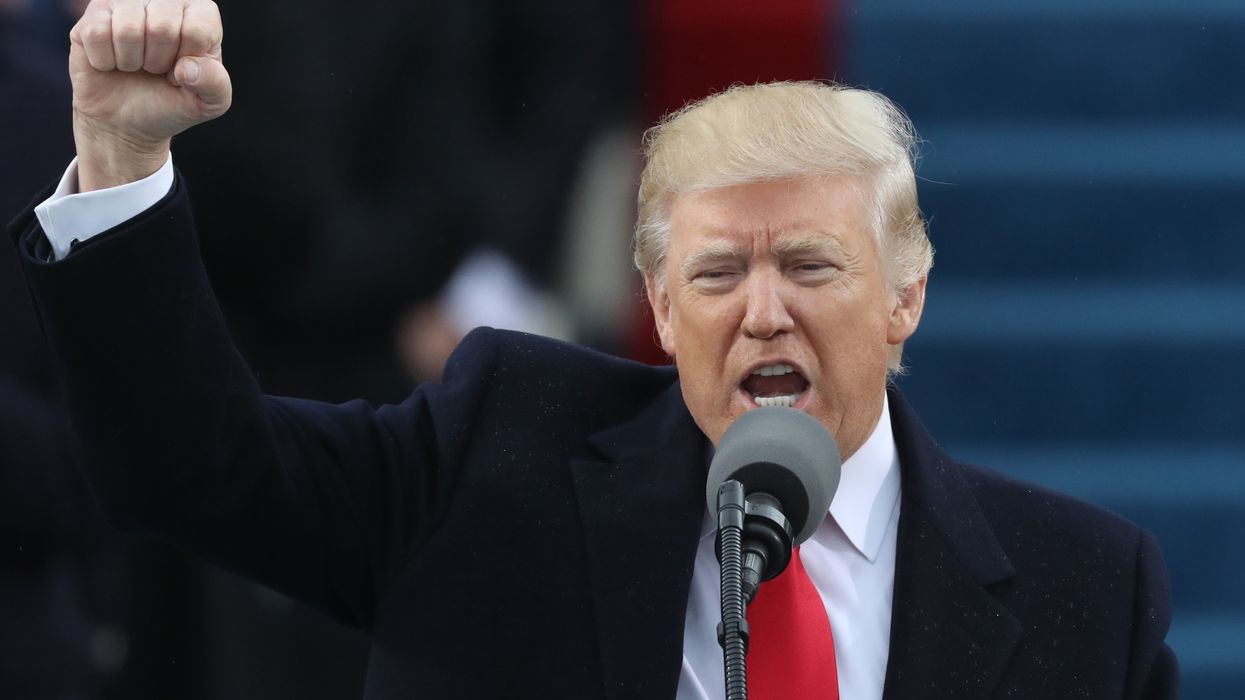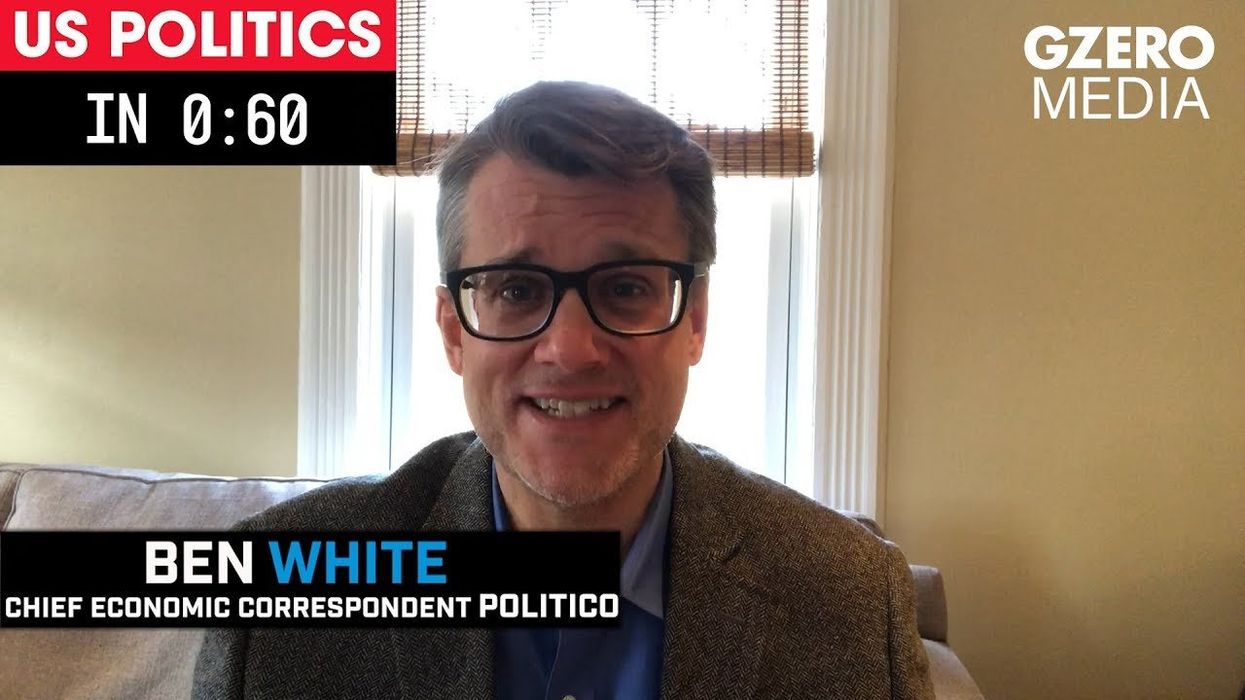GZERO World Clips
A look back at the annus horribilis known as 2020
Before we bid adieu to the most challenging year most of us have endured, GZERO World is taking a look back at the stories and people we covered. A global pandemic, the US presidential election, protests…it wasn't pretty, but it was very memorable.
Dec 17, 2020







